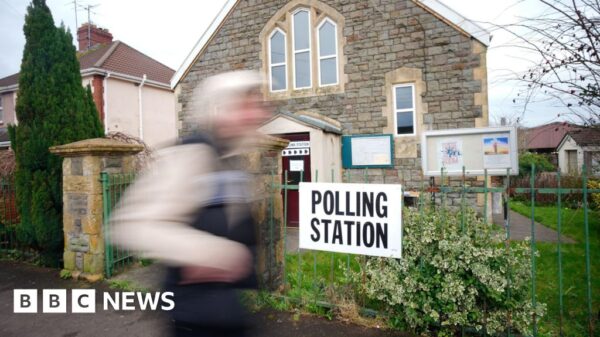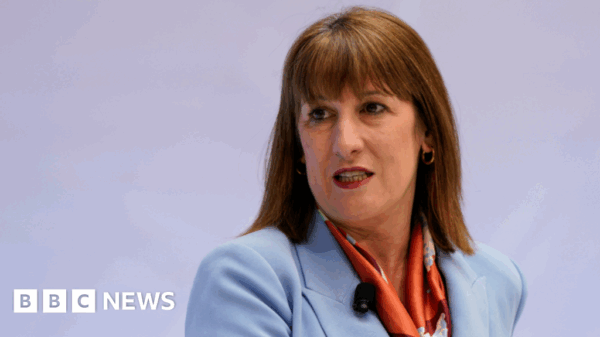In nearly 25 years in daily journalism, I have never known another issue quite like it.
The arguments over sex and gender, trans and women’s rights have a passion, an anger and often a toxicity on both sides greater in their intensity than those over the Iraq war two decades ago, or Brexit in more recent years.
The abuse and vitriol that fly into my inbox every time I report on it are really quite something.
Last week’s decision by the Supreme Court was a landmark moment in this debate, providing the prism through which arguments will now be conducted.
But it won’t mark an end to those arguments, as a debate in the Commons on Tuesday evening proved.
The Conservative benches were packed and the Tory leader, Kemi Badenoch, took the unusual decision to answer for her party herself, something she would normally do in response to a statement from the prime minister rather than any other minister.
It was clear why she wanted to do so, displaying a greater confidence and sense of self-assurance than at any point since she became Conservative leader last autumn.
Some of her own MPs have grumbled privately that she has lacked oomph and cut-through in her opening months in the job.
She wasn’t lacking oomph this time, arguing the Supreme Court had vindicated what she had long argued, and pretty much saying “I told you so” to the Labour Party.
And yes, Labour in recent years, from Sir Keir Starmer down, have been in something of a bind on this issue, frequently tangled in anguish when confronted by questions such as “Can a woman have a penis?”
Many senior Labour figures regarded such questions as reductive and trivialising and wanted to be openly thoughtful about the rights of trans people.
They maintain, as do the Conservatives, that they still are, but it is also true that the Labour leadership’s position is the opposite of what it was.
The Supreme Court’s decision prompts lots of questions about the practicalities of what it concluded – for organisations large and small, public and private, trans people and others.
It is far from the end of those debates, but they will look and feel different, in politics and in wider society, after that landmark moment just before Easter.































